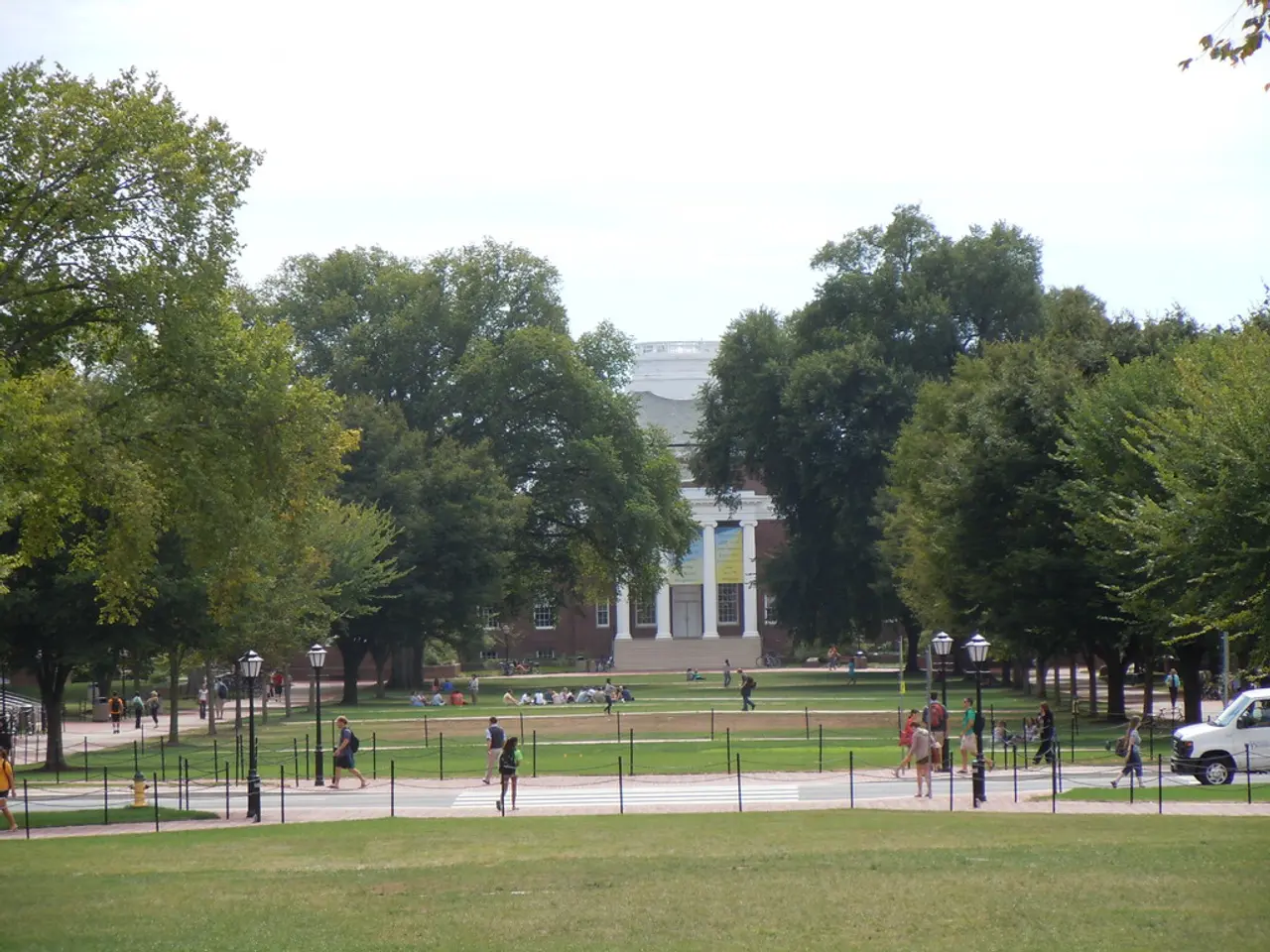Is ESS (Environmental Systems and Societies) Considered the Simplest International Baccalaureate (IB) Science?
For students considering the International Baccalaureate (IB) programme, the choice of science subject can be a crucial decision. Among the options, Environmental Systems and Societies (ESS) stands out as a subject that offers a unique blend of environmental science and social studies, focusing on global environmental challenges such as climate change, ecosystems, and sustainability.
While some may perceive ESS as an easier option compared to traditional science subjects like Biology, Chemistry, and Physics, this depends largely on individual interests, skills, and learning preferences.
One reason ESS might be considered less demanding is its interdisciplinary nature. By combining environmental science and social studies, the course is less technical and mathematically demanding than pure sciences. The curriculum at Standard Level (SL) also emphasises fundamental concepts and core topics, making it more approachable compared to the detailed content and complex experiments in other sciences.
Assessment in ESS involves essay writing, case studies, and data analysis rather than heavy lab practicals or memorisation of detailed scientific mechanisms. This suits students who excel in essay writing and critical thinking. Additionally, the Internal Assessment (IA) in ESS accounts for 20-25% and involves research projects that often allow flexibility based on student interest, making it less time-intensive or more engaging than lab work in other sciences.
However, the choice of an IB science subject is not merely about ease. It's essential to consider personal interests, strengths, future plans, workload and assessment style, and IB diploma requirements. If you prefer a conceptual understanding, global issues, and interdisciplinary approaches, ESS might be the ideal choice. On the other hand, if you enjoy detailed experiments, quantitative analysis, or a traditional science approach, consider Biology, Chemistry, or Physics.
When it comes to future plans, fields like medicine, engineering, or biochemistry typically require traditional sciences, whereas ESS is more suitable for environmental science, sustainability, or social science-related pathways. It's crucial to evaluate which assessment style you perform better in, as ESS relies more on essay writing, case studies, and qualitative analysis, while other sciences involve more memorisation, problem-solving, and labs.
Lastly, ensure that choosing ESS fulfils your university diploma requirements. If you need a Group 4 science for the diploma, ESS can meet that requirement, but it's essential to check if your university preferences align with ESS or traditional sciences.
In conclusion, ESS can be an easier IB science if you favour interdisciplinary, conceptual study and essay-based assessments rather than heavy lab and quantitative work. However, the "easiest" option is subjective and depends on your skills, interests, and future goals. Carefully weigh these factors before deciding.
For students embarking on their IB journey, platforms like RevisionDojo offer comprehensive materials to help students excel in their IB courses, including personalised study plans, progress tracking tools, and a range of IB resources. These tools can provide the support needed to navigate the IB programme effectively and confidently.
For students pursuing progress tracking and self-development alongside the International Baccalaureate (IB) programme, platforms like RevisionDojo can offer beneficial resources, such as personalised study plans and progress tracking tools. With ESS, students able to excel in essay writing and critical thinking can find a suitable fit for their lifestyle and education-and-self-development goals, as the subject provides interdisciplinary, conceptual learning and less emphasis on lab work and detailed scientific mechanisms compared to other sciences.




